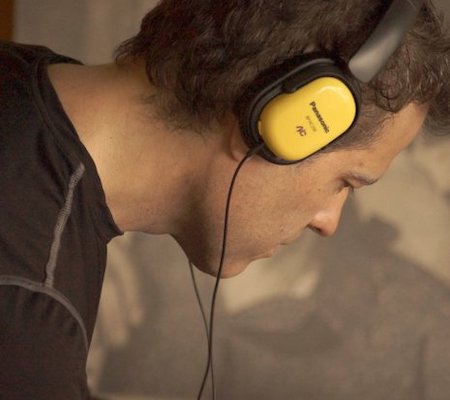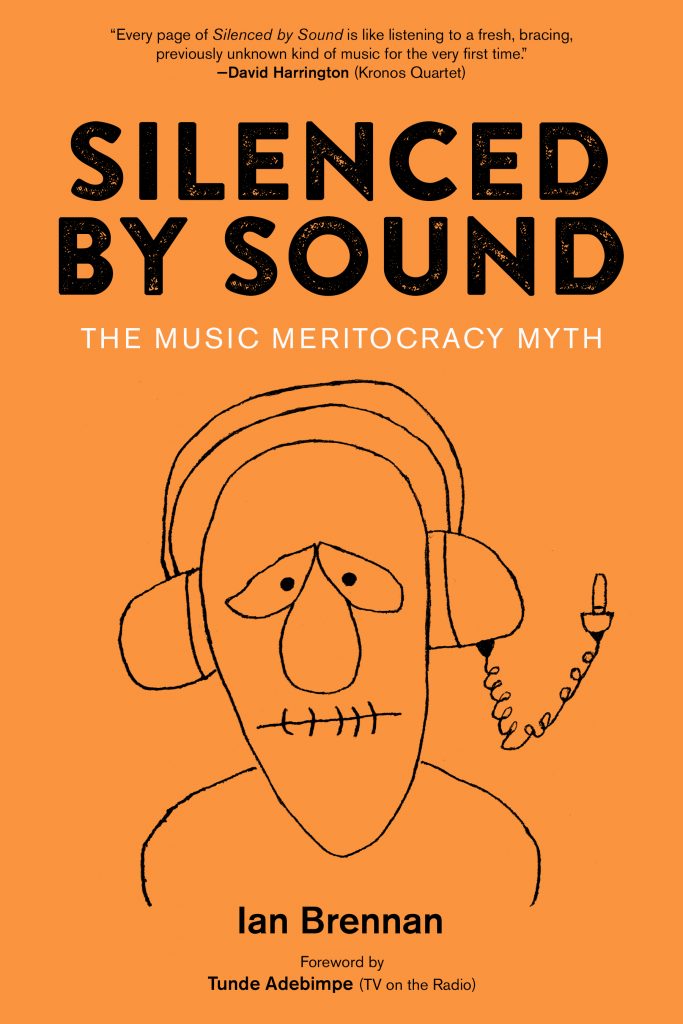By Ian Brennan
Pollstar
April 29th, 2020
Musical Trio frafra was set to play the UK’s WOMAD festival in July, the members’ first time leaving their native Ghana.
The
devastation let loose upon the live performance industry by the current
coronavirus crisis cuts deep. Beneath the stadium, arena, theater and
club layers, near the very bottom, can be found most “foreign language”
artists.
Not so fortuitously, the trio fra fra released their debut album, Funeral Songs, this month. For decades, they have performed funeral rites throughout their northern Ghana region, where the celebrations sometimes stretch as long as a week.
Far from deathly dirges, their songs are largely celebrations. Their process of mourning bares more than a passing resemblance to New Orleans second line marching bands and dance plays a critical role.
The group is led by Small, a man who exalts his diminutive size rather than seeing it as a lack, and he moves with the lithe energy of someone a generation younger. He picks a homemade, two-string Kologo “guitar” with dog-tags fastened at the head as rattles and is backed by a hallmark of Frafra culture – tiny bone mouth-flutes that they actually call horns, since that is the material that they are made from.
The three fra fra musicians were invited to perform at Peter Gabriel’s WOMAD Festival in the UK this July. But, like so many others, the festival sadly has been canceled due to the virus lockdowns.All three men had gotten their first passports ever for the trip. At 72 years old, it was to be Small’s maiden voyage out of his country and the fulfillment of a lifelong dream.
In all likelihood, they would have played for only a few hundred people on one of the four-day festival’s smallest stages, overshadowed by the star power and stage volume of headliners Flaming Lips and Angelique Kidjo. The concert was to be a one-off, unlikely to be repeated ever, anywhere. Nonetheless, the very rarity and the intimacy of experiencing fra fra live would have provided value for a handful of festivalgoers that is impossible to quantify via numbers and figures, memories that cannot be calculated on a spreadsheet.
Similarly, 76-year-old Ustad Saami from Pakistan was to present his custom 49-note microtonal scale at the 50th Roskilde Festival in Denmark. Dwarfed by the likes of Taylor Swift, Thom Yorke, and Kendrick Lamar, few in attendance would have even noticed his presence. But for some, witnessing the only living practitioner of an ancient art form would have proven the definitive moment of the entire gathering.
One of the many minor and largely invisible casualties of the current crisis is likely to be a reduction in diversity and representation among performers. Already, artists from less wealthy nations tend to be last in line for opportunities.
The existing formidable physical obstacles to traveling beyond their borders – such as 300-page visa applications to perform a single show – might become insurmountable due to revised government stances on either or both ends of the journey, and the collapse of direct and reasonably affordable airline routes ever being fully restored.
The U.S. has just announced “bans” on specialty visas seem likely to prove insurmountable for some. In the case of The Good Ones from Rwanda, their imminent embassy interview was canceled without the possibility of even being rescheduled until further notice. Their planned late-May visit to the States was foreclosed as a result.
International artists paths run generally the opposite of manufactured pop stars where labels and managers invest millions trying to reverse-engineer an artist from a teenage vocalist. Instead, most regional international artists spend decades playing music solely for its own intrinsic value and are truly DIY to the point of having to even build their own instruments from found and recycled parts.Particularly, with elder artists like fra fra’s Small and Pakistan’s Ustad Saami, there will not perennially be a second chance, a plausible promise of “maybe next time, next year.”
I am haunted by the experience three years ago with Soun San from Cambodia. Due to the success of the Khmer Rouge Survivors’ album, at age 66, he had just gotten his first passport. He was set to leave on his maiden voyage out of Phnom Penh, in order to perform in London. He said it was his lifelong dream. But before it could happen, he slipped twice into coma and then was gone. A supremely gifted, but unheralded singer (and long-necked guitar player) vanished without fanfare, escaping the notice of all but his family. Such is the fate of most of the world’s artists. And it is the listeners’ loss, ultimately.
Alas, the fra fra’s dream of reaching an international audience may never be fulfilled and their funeral songs destined to take on another, unintended meaning and mourning.
Ian Brennan is a
Grammy-winning music producer (Tinariwen, The Good Ones [Rwanda],
Ramblin’ Jack Elliott, Zomba Prison Project) and author. His fifth book,
“Silenced by Sound: The Music Meritocracy Myth” was published in
September by Oakland’s PM Press.
Pollstar
welcomes a diversity of opinions from across the live business, and
guest columns solely represent the views of the writer and not
necessarily the publication. Please send all submissions and comments to
the editor at [email protected].
Ian Brennan is a Grammy-winning music producer who has produced three other Grammy-nominated albums. He is the author of four books and has worked with the likes of filmmaker John Waters, Merle Haggard, and Green Day, among others. His work with international artists such as the Zomba Prison Project, Tanzania Albinism Collective, and Khmer Rouge Survivors, has been featured on the front page of the New York Times and on an Emmy-winning 60 Minutes segment with Anderson Cooper reporting. Since 1993 he has taught violence prevention and conflict resolution around the world for such prestigious organizations as the Smithsonian, New York’s New School, Berklee College of Music, the University of London, the University of California–Berkeley, and the National Accademia of Science (Rome).







